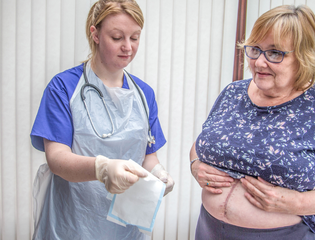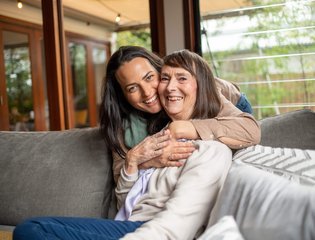The UK's leading ovarian cancer research charity
In our Media Centre you will find everything you need to join in the conversation about ovarian cancer research. It is your one-stop source for information. It features inspiring supporter stories, essential statistics, and profiles of our expert spokespeople. For further advice, information or any other queries please contact us.
Supporter Stories
At the heart of our charity are the amazing stories of our supporters. These women and their loved ones share their unique experience of ovarian cancer. Their stories highlight the impact of our research and the difference it makes in people’s lives.
Statistics and Research Highlights
Understanding ovarian cancer through data and research is crucial to our mission. Here are some key statistics and research highlights that underscore the importance of our work.
Spokespeople for Ovarian Cancer Action
Our spokespeople are passionate advocates for ovarian cancer research and awareness. They bring expertise, experience, and a personal connection to our cause.
Contact Us
For more information, inquiries, or to arrange interviews, please contact our media team. If you would like to share ovarian cancer research or stories - or build awareness - we can give you whatever you need. We are happy to provide:
- Spokespeople and quotes for TV, radio and print
- Supporter stories and case studies
- Statistics, symptoms and other information about ovarian cancer
- Advice on soap and drama storylines.
Contact our press office via email on pressoffice@ovarian.org.uk or calling 0207 380 1730.





